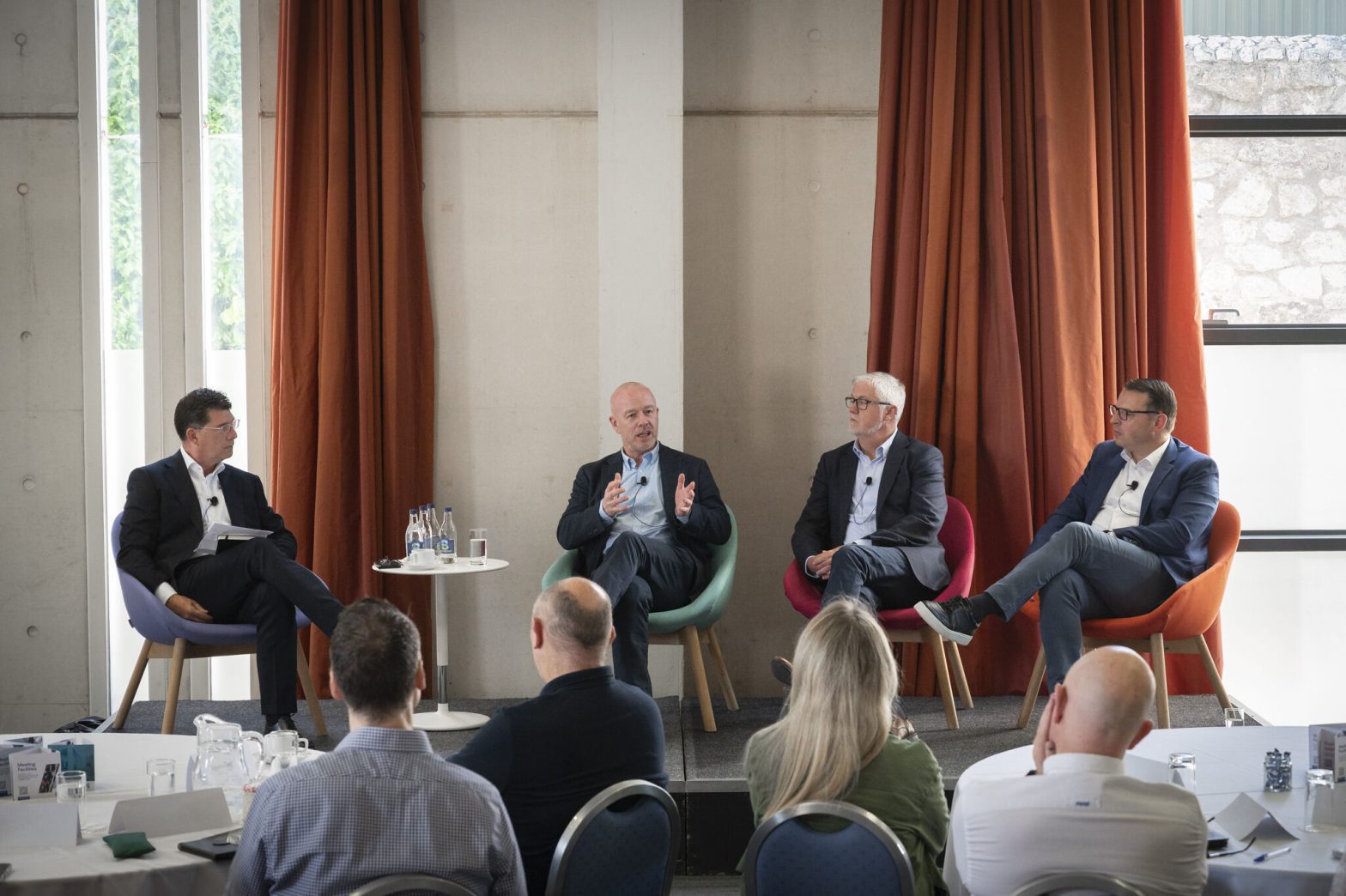Information Overdose
By Kriti Jain | 4th April 2019
In today’s hyper-complex and fast world, do we need to change how we process information?
.
What is the first thing you do after you wake up in the morning? I bet it is to check your phone. With that activity, imagine how our mind gets suddenly cluttered with all the emails, tweets, LinkedIn, and Facebook updates of other people. To add to it, if you switch on the news on TV channels, the bombardment of information – mostly unnecessary – is unimaginable.
Infoxication – a combination of the terms information and intoxication that signifies the overload of information – has become a serious problem. Remember the old days when searching for new data was a challenging task in itself?
One would have some go-to persons to ask all their questions from or find a library and locate that encyclopedia. Similarly, a letter from relatives and friends was a much awaited item and people would gather together to read it. However, today with everything being on fingertips of our instantaneous devices, the charm of searching and savoring information has been lost.
.
Too much information
A natural disadvantage of this excess information is that it interferes with proper decision making. Research has shown that our mind can hold approximately 7 chunks of information at a time. Anything more makes people confused and results in poorer decisions.
In fact, one common technique used in research to study the effects of distractions and interruptions is to make people remember lots of information and then ask them to make decisions. A clear result is that a busy mind results in sub-optimal decisions. Moreover, with such mechanical overdose of information, the role of our senses and deep thinking gets dulled.
The social and psychological aspects of this so called ‘info-inflation’ are huge.
Facebook gives a twisted image of reality where others seem to be having the perfect life and we somehow seem to face all the miseries. LinkedIn makes us feel that everyone has fancy job roles. Instagram filters has turned everyone into photographers.
And with all the blogs and articles being floated around, there is the problem of information anxiety – the feeling that we know too little compared to what we must know. Add to this the problem of fake news…
To know that the information we are consuming might be useless and untrue – but also has the potential to cause riots and social chaos – is disheartening.
.
Quick to consume, slow to learn

(Photo source)
.
Such infoxication has implications for our education system as well. Students have gotten impatient. My own observation from our MBA classrooms is that they need catchy take-aways and quick bites. Reading and ruminating on materials is an obsolete process. Students are quick to judge if they would get anything from the class or not.
In all of this, the professor has become more of a performer and an entertainer who needs to use multiple methods to keep the attention of the class intact.
.
Lot’s happening, not much getting done
In our workplaces, several studies have shown that this information clutter has resulted in large losses of productivity. A 2012 survey by McKinsey Global Institute found that the average worker spends 28% of work time managing email.
The constant interruptions from email pings and message alters are a productivity killer – especially if you consider the fact that it takes the average person an average of four minutes to recover from any interruption.
Then there is this buzzword of Big Data. With all the massive amounts of data being collected, it is natural to learn to process it. However, not everyone knows what needs to be done with that data. What questions need to be addressed? Or if it needed at all?
.
Fail to filter, prepare to fail
So, what can we do? Professor Clay Shirky from NYU describes this problem as ‘filter failure’.
Unlike publishers of books who were also in charge of the quality of content, today the price of creating and sharing content has become zero. As such no one is really in charge of the quality of information that reaches us. So, we need to create our own action plans.
First, generate your own filters. Know what kinds of information is necessary and what kinds you can do without. Next, organize your information flow. For example, plan to check your emails three times a day, classify them priority wise, and respond to them accordingly. Third, create a schedule – plan to get updates of news, articles, or blogs at particular times of the day or the week.
Read news while on the train. Check for LinkedIn articles and other blogs on a weekend. Fourth, be ruthless in throwing away and cleaning up unnecessary junk that you have been collecting over years.
It is time to do a serious information detox.
Kriti Jain is one the lead designers on the IMI’s series of development programmes for senior leaders – the Executive Series. For more information on the programmes within the series, click here.



